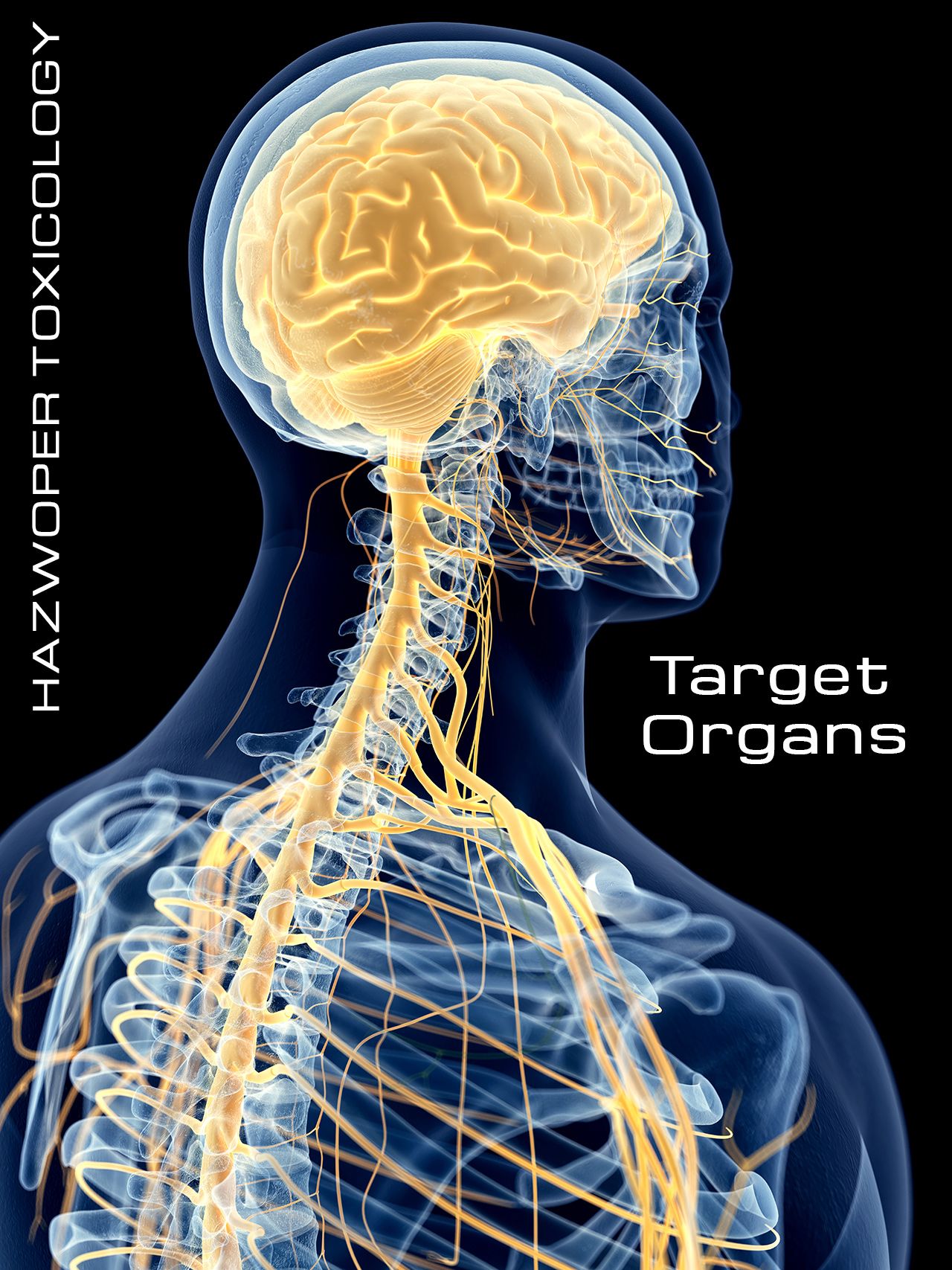
HAZWOPER Toxicology

What is HAZWOPER Toxicology?
Toxicology is the study of poisons or toxic substances. Target organs are the organs that are primarily impacted by toxic substances. These are often where the highest concentration of the chemical accumulates. The central nervous system, which encompasses the brain and spinal cord, is frequently one of these organs. Symptoms of exposure can include staggering, slurred speech, dizziness, trembling, or any other nervous system component. It's essential to keep in mind that chemicals can have a systemic delivery and affect any part of the body.
The liver (P450 enzymes) plays a vital role in digesting fats, detoxifying various substances, and storing some sugars. The P450 enzymes oxidize xenobiotics (foreign substances) and allow them to be excreted from the body. However, chronic exposure to specific chemicals can lead to liver problems. If you observe a yellowing of your skin or eyes, it could be a sign of jaundice and liver issues. The skin, the body's most massive organ by weight, serves as a protective barrier. Nevertheless, toxic substances that penetrate it can have direct access to the bloodstream. Keep an eye out for rashes or other alterations in your skin, which could indicate exposure to toxins.
The kidneys play a crucial role in filtering blood, producing urine, and maintaining the proper acid-base balance. Any issues with urination could be an indication of exposure. The blood and blood forming system carry essential components like oxygen, carbon dioxide, proteins, sugars, and sometimes foreign substances throughout the body. Watch out for infections as a potential exposure indicator.
The reproductive system comprises all organs necessary for fertilization, conception, and gestation. The respiratory system is responsible for regulating oxygen and carbon dioxide levels in the body (aerobic respiration). Any breathing difficulties could signify exposure.
Corrosive substances can directly damage the eyes upon contact. Some toxins can enter the eyes and then travel directly into the bloodstream.
The digestive system is responsible for converting food into energy and eliminating waste materials. If you experience symptoms like cramping or nausea, it could indicate exposure to toxic substances. As the individual who is in direct contact with these chemicals, you are the best judge of whether you're suffering from chemical exposure. If you're feeling unwell after working around toxins, it's essential to inform your doctor. If possible, bring along a list of chemicals from the safety data sheet. Your doctor may not immediately suspect chemical exposure as the cause of your illness unless you inform them about your work environment.
Related Articles
Write your awesome label here.

